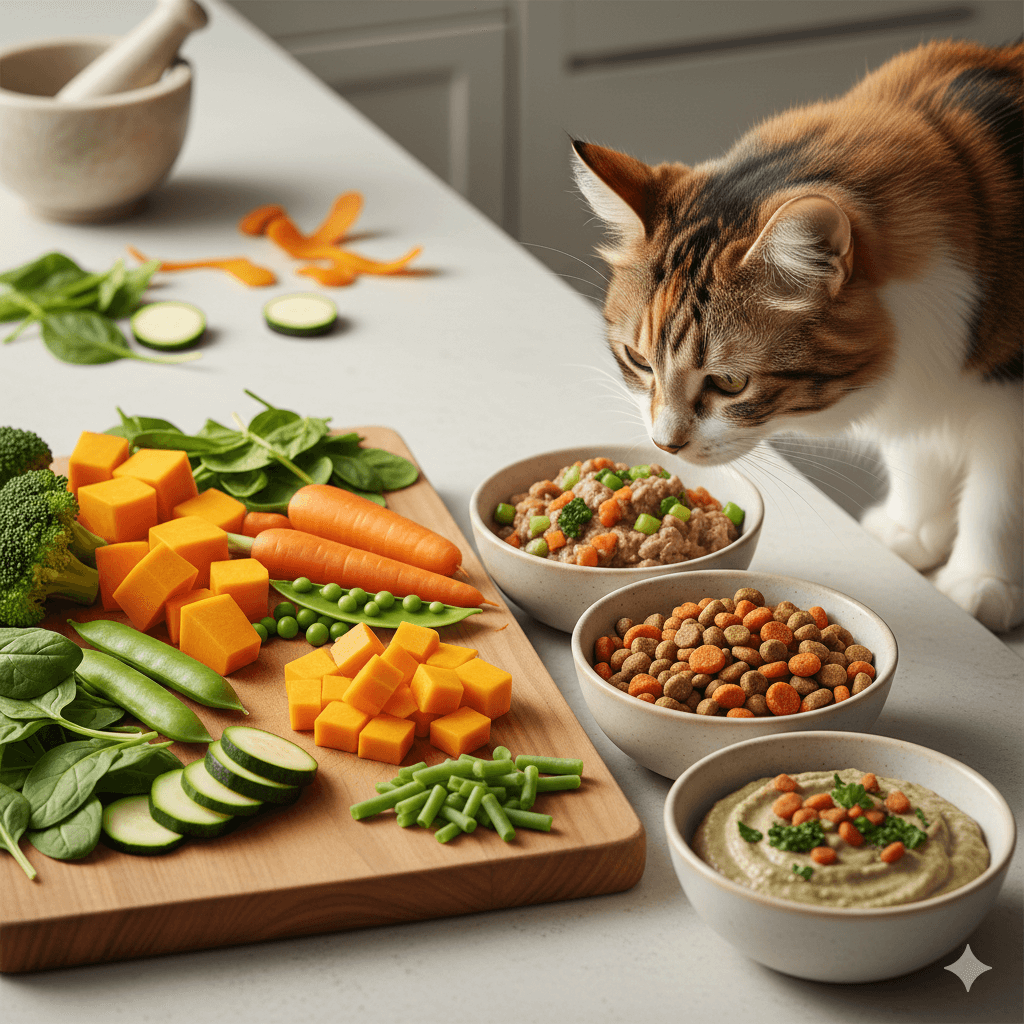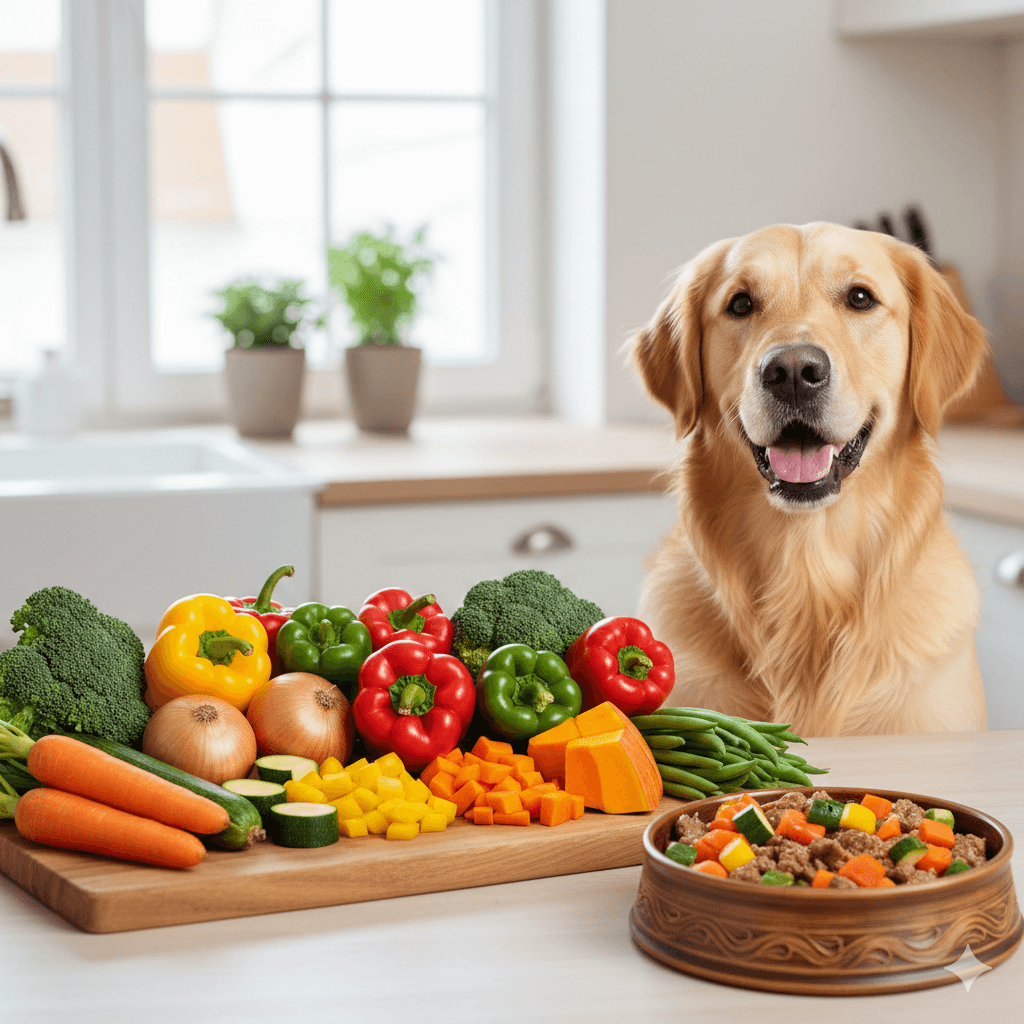Can Cats Eat Gravy?
Gravy is a savory, flavorful addition to many human meals, but when it comes to sharing food with our feline friends, caution is key. While cats are naturally curious and may show interest in the smell or taste of gravy, pet owners must consider whether this indulgence is safe for their furry companions. Cats have unique dietary needs, and certain ingredients commonly found in gravy can pose risks to their health. In this blog post, we’ll explore whether cats can safely eat gravy, what to watch out for, and how to make informed decisions about feeding your cat treats beyond their regular diet.
Potential Risks of Feeding Gravy to Cats
While gravy might seem harmless, it often contains ingredients that can be harmful to cats. Understanding these risks is crucial to ensuring your cat’s well-being.
High Sodium Content:
Many gravies are loaded with salt, which can lead to dehydration, kidney issues, or even sodium poisoning in cats.Onion and Garlic Ingredients:
These common flavor enhancers are toxic to cats, potentially causing anemia or gastrointestinal upset.Artificial Additives:
Preservatives, artificial flavors, and colors can irritate your cat’s digestive system or cause allergic reactions.Fat Content:
Rich, fatty gravies can upset your cat’s stomach and contribute to obesity or pancreatitis over time.Spices and Seasonings:
Spices like pepper or paprika may irritate your cat’s sensitive digestive tract or cause discomfort.
These risks highlight why it’s essential to carefully evaluate any gravy before offering it to your cat. Always prioritize their health over momentary curiosity.
Benefits of Gravy (When Safe and Moderated)
If prepared or chosen correctly, gravy can offer some minor benefits for cats—but only in moderation and under specific conditions.
Enhanced Hydration:
Adding a small amount of low-sodium, cat-safe gravy to dry food can encourage your cat to drink more water.Increased Appetite:
For picky eaters, a splash of safe gravy can make meals more appealing and entice them to eat.Nutritional Variety:
Some specially formulated cat gravies provide vitamins and minerals that complement their diet.Bonding Opportunity:
Sharing a safe treat occasionally can strengthen the bond between you and your cat.Encourages Exploration:
Introducing new textures or flavors (in moderation) can stimulate your cat’s senses and keep mealtime exciting.
While these benefits exist, they must be weighed against the potential dangers to ensure your cat stays healthy.
Check this guide 👉Can Cats Eat Baby Food? Best 7 Expert Tips!
Check this guide 👉Can Cats Eat Venison? Best 7 Expert Tips!
Check this guide 👉Can Cats Eat BBQ Sauce? Best 7 Expert Tips!

Safe Alternatives to Human Gravy | Risks of Unsafe Gravy Choices |
|---|---|
Low-sodium, cat-specific gravy | Store-bought gravies with high salt |
Homemade broth (no onions or garlic) | Gravies containing artificial additives |
Watered-down tuna juice | Creamy gravies with dairy products |
Plain chicken or beef broth (unsalted) | Spicy or heavily seasoned gravies |
Cat-friendly wet food toppings | Gravies made with toxic ingredients |
How to Safely Introduce Gravy to Your Cat
If you decide to give your cat gravy, it’s important to take precautions to minimize risks. Follow these guidelines to ensure a safe experience.
Choose Cat-Specific Products:
Opt for gravies specifically designed for cats, as they are formulated to meet feline nutritional needs.Check Ingredient Lists Carefully:
Avoid gravies containing onion, garlic, spices, or artificial additives that could harm your cat.Start with Small Portions:
Introduce a tiny amount of gravy to monitor your cat’s reaction before offering more.Dilute Rich Gravies:
If using homemade broth, dilute it with water to reduce fat and sodium content.Consult Your Veterinarian:
Before introducing gravy, seek advice from your vet to ensure it aligns with your cat’s specific dietary needs.
By following these steps, you can mitigate risks while allowing your cat to enjoy the occasional treat.
Signs Your Cat May Be Struggling After Eating Gravy
Even with precautions, complications can arise if your cat consumes unsafe gravy. Watch for these warning signs to act quickly if something goes wrong.
Vomiting or Diarrhea:
These symptoms may indicate that your cat has ingested something toxic or indigestible.Excessive Thirst or Urination:
Increased water consumption could signal dehydration caused by high sodium levels.Lethargy or Weakness:
A sudden lack of energy might suggest poisoning or other serious health issues.Difficulty Breathing:
Labored breathing can occur if your cat has consumed onions, garlic, or excessive sodium.Loss of Appetite:
Refusal to eat may indicate digestive upset or discomfort from consuming gravy.
Recognizing these signs early allows you to seek veterinary care promptly, preventing further complications.
Common Mistakes to Avoid When Feeding Gravy to Cats
Feeding gravy to your cat requires careful consideration to avoid mistakes that could endanger their health. Here are some pitfalls to watch out for.
Using Human Gravy Without Checking Ingredients:
Many human gravies contain toxic ingredients like onion and garlic, which are unsafe for cats.Ignoring Portion Sizes:
Even safe gravy should be given in moderation to avoid upsetting your cat’s stomach or unbalancing their diet.Assuming All Broths Are Safe:
Not all broths are created equal; some may still contain harmful additives or excessive sodium.Skipping Veterinary Approval:
Failing to consult your vet can lead to unknowingly harming your cat with inappropriate food choices.Overlooking Allergic Reactions:
Some cats may develop allergies to certain ingredients in gravy; monitor for signs like itching or swelling.
Avoiding these mistakes ensures a safer and healthier experience for your cat.
Alternatives That Mimic the Benefits of Gravy
If you’re hesitant about feeding gravy, there are plenty of alternatives that mimic its benefits without the associated risks.
Wet Cat Food:
Wet food provides moisture and flavor variety, making it an excellent substitute for gravy.Homemade Bone Broth:
Strained, unsalted bone broth offers hydration and nutrients without the dangers of store-bought gravy.Catnip-Infused Water:
Adding a splash of catnip water to dry food can entice your cat to eat without introducing harmful ingredients.Freeze-Dried Meat Toppers:
These treats enhance flavor and texture while providing protein-rich nutrition.Plain Water:
Simply adding a bit of warm water to dry food can create a gravy-like consistency without added risks.
These alternatives allow you to cater to your cat’s preferences while keeping them safe.
Understanding Your Cat’s Natural Instincts Around Food
Cats are naturally drawn to strong smells and rich flavors, which is why they may show interest in gravy. Understanding their instincts helps explain their fascination.
Curiosity About New Smells:
Cats rely heavily on their sense of smell, and the aroma of gravy can pique their interest.Preference for Moisture-Rich Foods:
As descendants of desert-dwelling ancestors, cats instinctively seek out foods with higher water content.Desire for Variety:
Cats may crave changes in texture or flavor, especially if they’ve been eating the same food for a long time.Attraction to Protein Scents:
The meaty aroma of gravy mimics the scent of prey, triggering their hunting instincts.Comfort Through Familiarity:
If your cat associates gravy with positive experiences, they may seek it out for comfort or bonding.
By recognizing these behaviors, you can better address your cat’s needs in a safe and controlled manner.
Frequently Asked Questions About Cats and Gravy
Can I give my cat store-bought gravy?
Only if it’s specifically labeled as safe for cats; avoid human gravies due to harmful ingredients.
What should I do if my cat accidentally eats unsafe gravy?
Contact your veterinarian immediately to assess the situation and prevent complications.
Are there dairy-free gravies for cats?
Yes, many cat-specific gravies are dairy-free, as most cats are lactose intolerant.
How often can I give my cat gravy?
Limit gravy to occasional treats, ensuring it doesn’t replace a balanced diet.
Can kittens eat gravy?
Kittens should avoid gravy unless it’s specifically formulated for young cats, as their digestive systems are more sensitive.
Prioritizing Your Cat’s Health When It Comes to Gravy
Feeding gravy to your cat can be a fun way to spice up their meals, but it’s not without risks. By understanding the potential dangers, choosing safe alternatives, and consulting your veterinarian, you can ensure your cat stays healthy and happy. Remember, your feline friend relies on you to make the best dietary choices for them—so always prioritize their well-being above all else. With the right approach, you can indulge your cat’s curiosity while keeping them safe and thriving.
Can a Cat Be Tested for Rabies? Best 7 Expert Tips! – Learn if testing is possible, understand the process, and discover prevention tips to keep your cat safe from rabies.
Can a Dog Be Tested for Rabies? Best 7 Expert Tips! – Learn how rabies testing works, why it’s critical, and what every dog owner needs to know.
Best Vegetables for Cat Food: Best 7 Expert Tips! – Discover safe, nutritious veggies to boost your cat’s diet, support digestion, and enhance overall health naturally.
Best Vegetables for Dog Food: Best 7 Expert Tips! – Discover safe, nutritious veggies to boost your dog’s diet, support digestion, and enhance overall health naturally.





